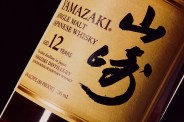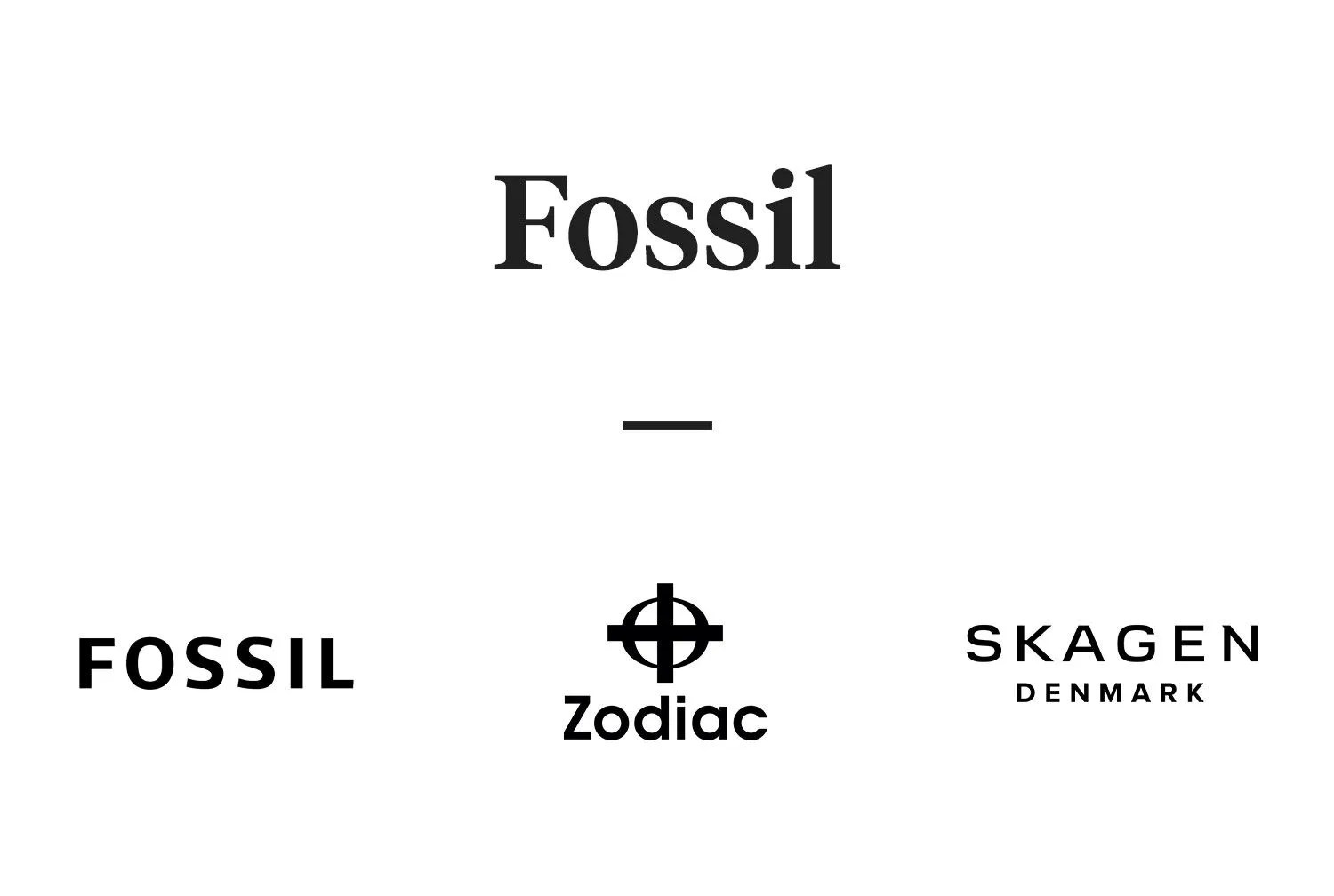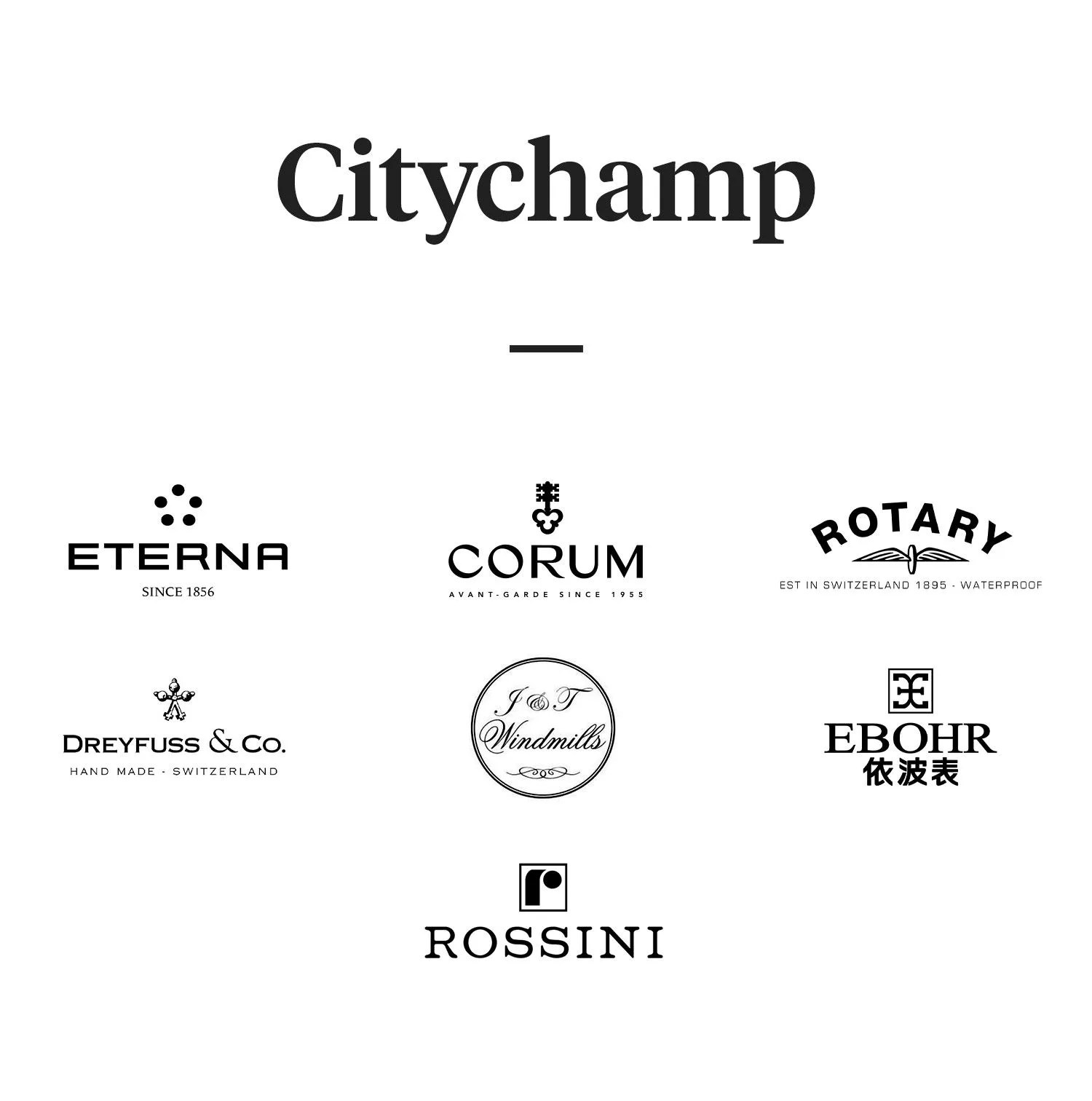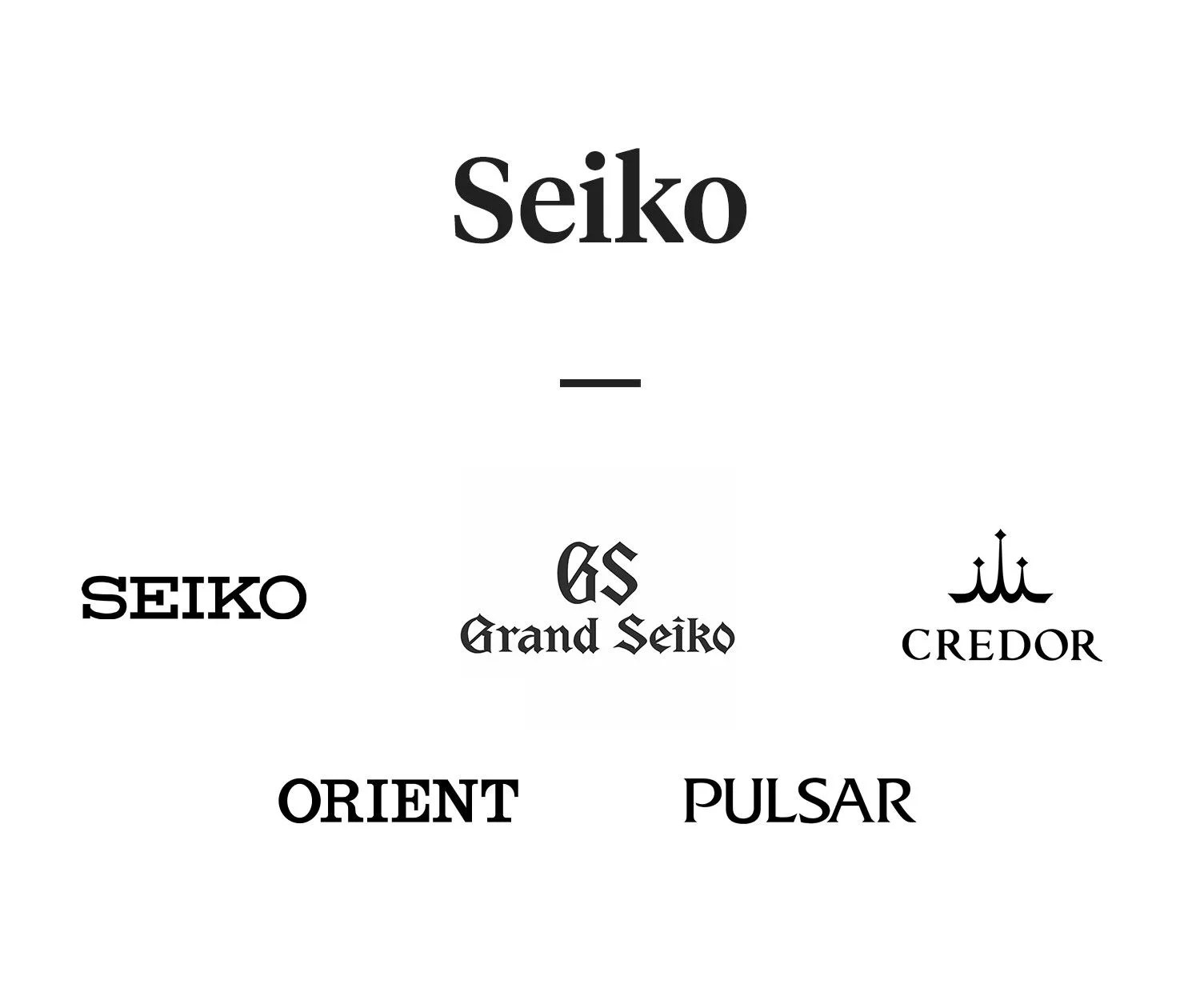Behind all the adventure and romance of watch marketing are pragmatic business realities: Often, the brands you know are subject to the motivations and decisions of corporate owners who can impact everything from design decisions to price positioning. Although Swatch, Richemont and LVMH are the most prominent luxury conglomerates, controlling multiple prestigious brands, the watch industry has other important players worth being aware of.
Some might own only a couple of notable watchmakers alongside brands in other segments, while others like Citizen rival the Swiss big boys in scope and importance. Understanding them and how certain brands are related can help make sense of the larger watch industry and put your favorite products into perspective. Don’t be surprised if you find some brands below you didn’t know had a common boss.
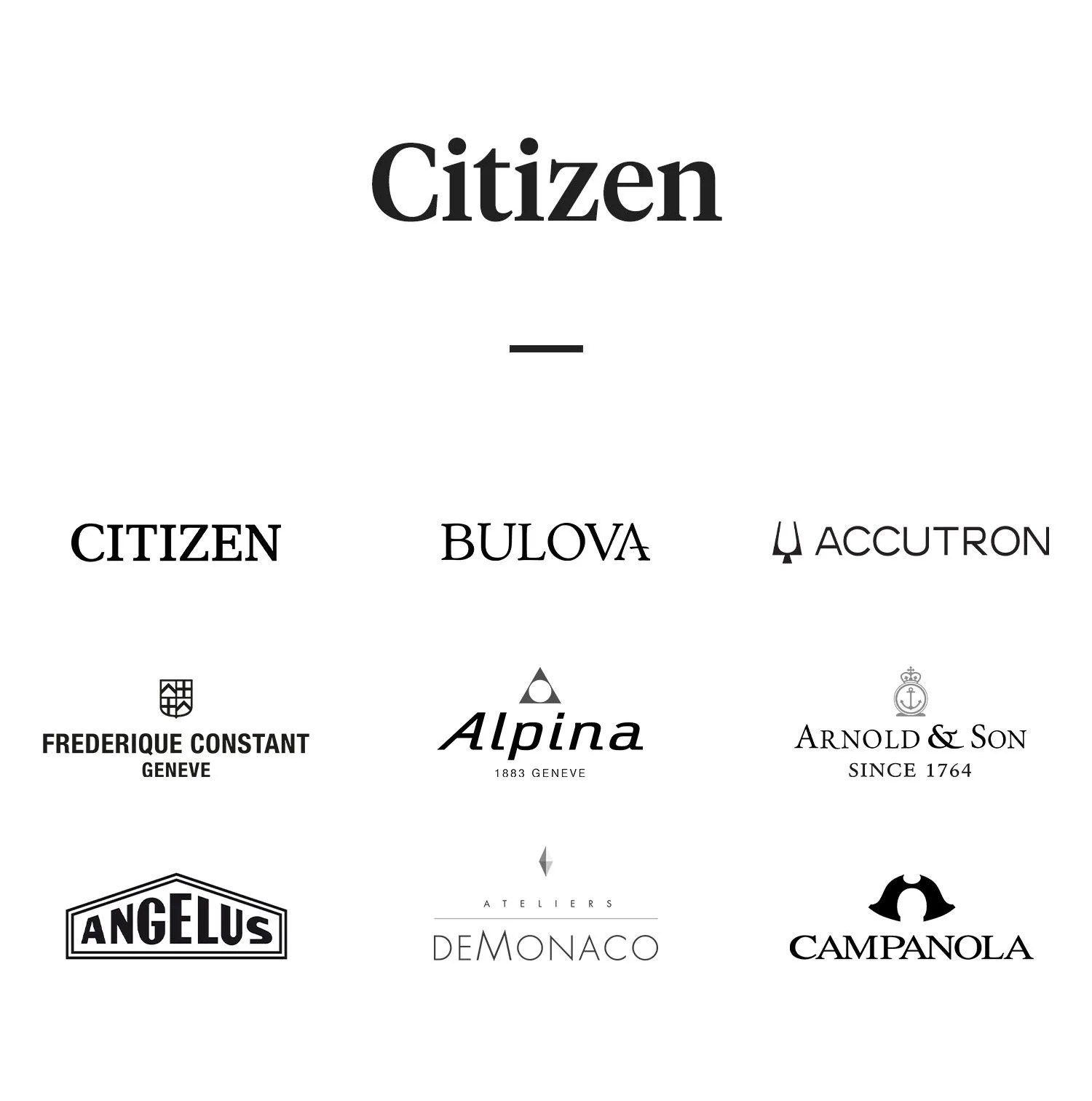 Gear Patrol
Gear PatrolThe Citizen name means much more than inexpensive solar-powered watches, and the Citizen Group is unusual in a few ways. It owns more watchmakers than LVMH, and it’s the only Japanese brand that’s proactively taken this approach to expansion. In addition to its own Citizen-branded watches and the prolific movement maker Miyota, it controls once-American brands Bulova and Accutron, as well as some Swiss luxury watchmakers with significant knowhow and production capacity.
Frederique Constant, Alpina and Ateliers de Monaco are all related parts of a Swiss group that joined Citizen in 2016. High-end watchmakers Arnold & Son and Angelus are, similarly, sister brands under Citizen since 2012. Along with the latter two came the movement maker La Joux-Perret, which is known for providing prestigious brands with complicated and expertly finished movements in the Swiss tradition. The relationship between Japanese Citizen and its Swiss subsidiaries has manifested in interesting ways, such as the Citizen Mechanical 0200 automatic watch.
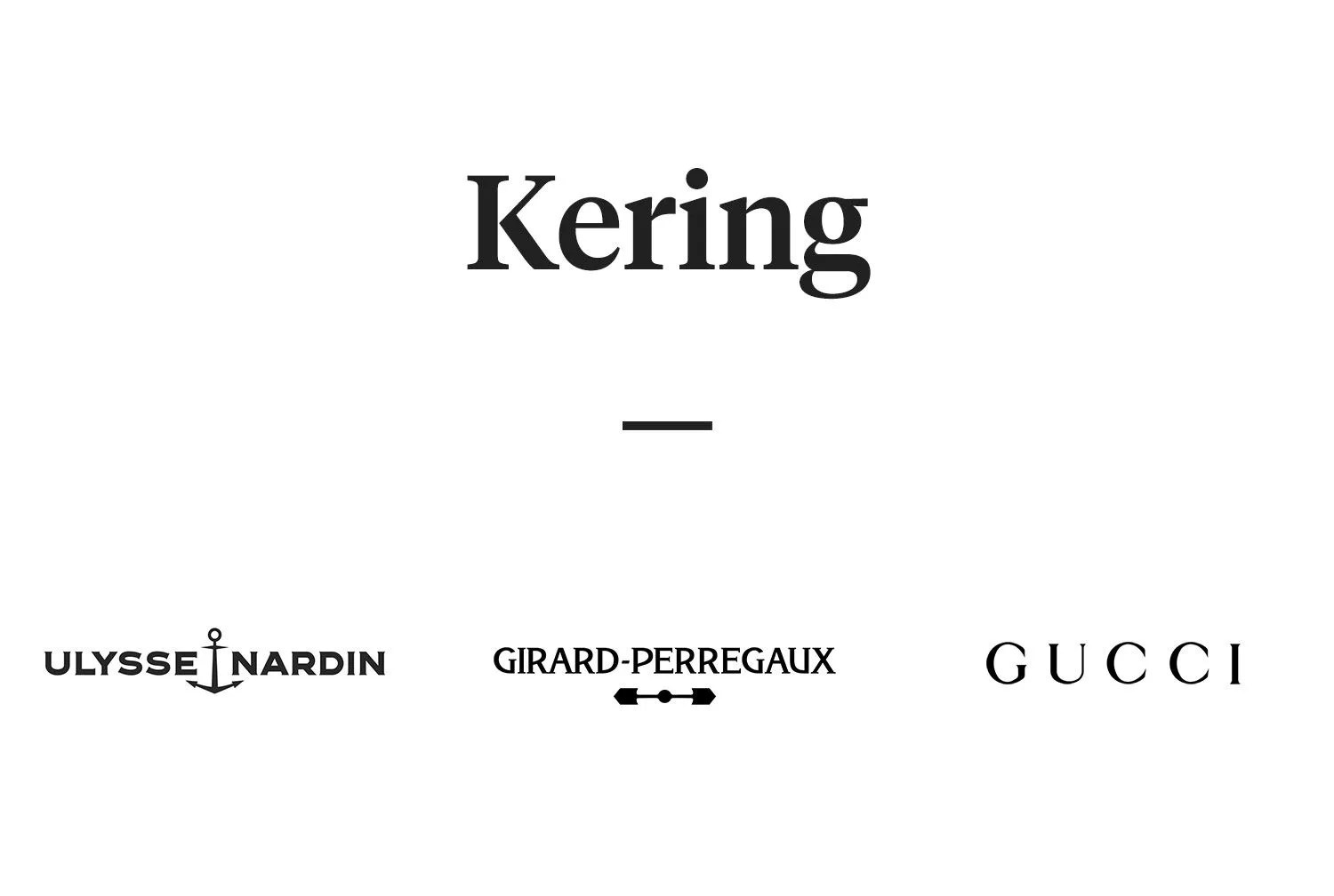 Gear Patrol
Gear Patrol

